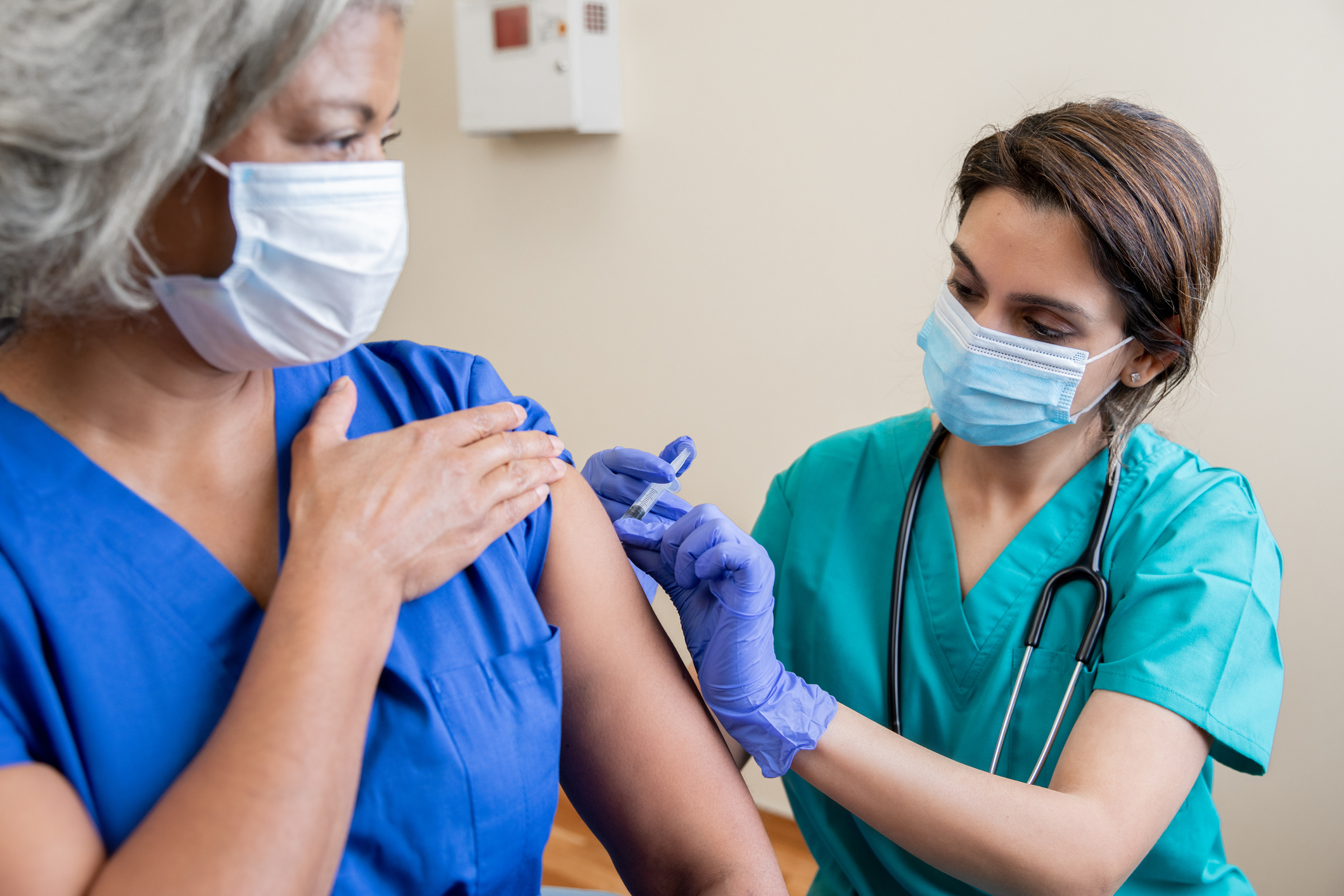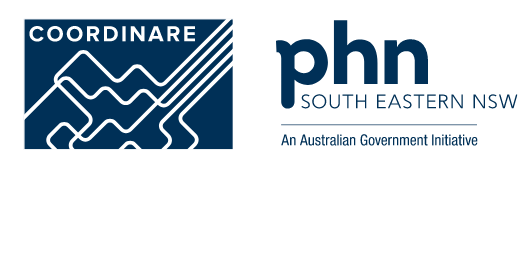
Protect yourself and others from serious illness this flu season
23 May 2024
As the flu season begins and notifications of respiratory viruses rise across the state, COORDINARE - South Eastern NSW PHN is joining with the Illawarra Shoalhaven and Southern NSW local health districts to urge communities to stay up to date with vaccinations to protect themselves and others in their communities.
The latest NSW Health Respiratory Surveillance Report shows influenza and COVID transmission in the community is increasing, while respiratory syncytial virus (RSV) remains at high levels.
COORDINARE’s Illawarra Shoalhaven Medical Director, Dr Katherine Michelmore said the latest data shows more than 2,000 people were diagnosed with influenza across NSW in the week ending 11 May 2024.
“Influenza can be serious in healthy people of any age, but some people are at greater risk of complications, especially children under five, pregnant women and adults 65 years and older,” she said.
“We are now officially entering the influenza season, with cases expected to surge rapidly in the next couple of months and are already seeing an increase in the number of young children diagnosed with influenza.
“Now is the time to book in for a flu vaccine to protect yourself and your loved ones. The influenza vaccine takes about two weeks to boost your immune system and will protect you for three to four months,” said Dr Michelmore.
Free flu vaccines are available under the National Immunisation Program for:
- children aged between six months and five years
- pregnant women at any stage of pregnancy
- Aboriginal and Torres Strait Islander peoples aged six months and older
- people aged 65 years and older
- people aged six months and older with eligible chronic health issues or compromised immune systems.
“We are also seeing COVID-19 activity increase from low to moderate levels and expect that COVID-19 will also continue to increase, so we are encouraging people to ask their doctor if they should also have a COVID booster. If you are at higher risk of severe illness from COVID-19 or influenza, make a plan about what to do if you get sick, including what test to take, and discussing if you are eligible for antiviral medicines.
“With all three respiratory viruses in circulation, people with symptoms should stay at home or wear a mask if they do need to go out. They should avoid visiting high-risk settings like hospitals, aged and disability care facilities,” said Dr Michelmore.
More information on influenza and the COVID-19 booster vaccines can be found here:
